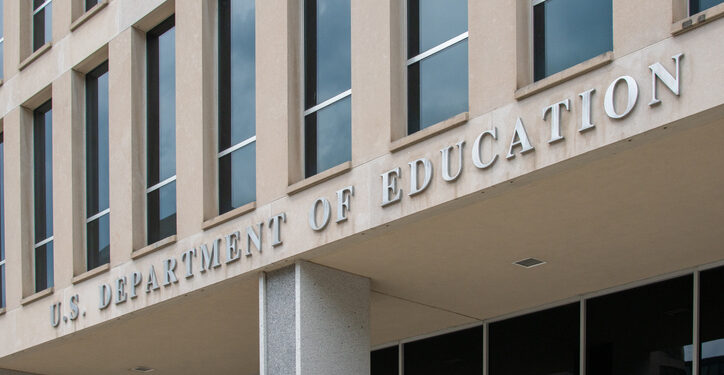On May 7, the Department of Justice announced it filed a complaint under the False Claims Act (FCA), against Study Across the Pond LLC (SATP) and its principal, John Borhaug. SATP is an organization that recruits American students to attend foreign schools in the U.K. and other countries. The government claims that SATP and Borhaug intentionally caused UK schools to make false claims to the Department of Education for federal student aid. This was allegedly done by pressuring these schools to enter arrangements that violated the federal prohibition on incentive-based compensation.
According to the government, SATP collaborated with at least 28 UK schools to violate the Incentive Compensation Ban while the schools were participating in the federal student aid program. Particularly, since 2015, SATP, under the direction of Borhaug, has recruited American students to attend UK schools and demanded payment of a commission for SATP’s services. This commission was a share of the money that the schools claimed from a federal financial aid program, specifically the Federal Direct Loan Program, for the benefit of American students.
Title IV of the Higher Education Act prohibits colleges and universities from offering financial incentives or commissions to student recruiters based on the number of students they enroll. This is known as the Incentive Compensation Ban. The ban is in place to protect students from recruiters who focus on their financial gain rather than the educational needs of the student.
The government further alleges that SATP and Borhaug created false records to hide these arrangements, and ultimately caused foreign schools to submit false claims to the Department of Education.
This case stems from a lawsuit filed under the qui tam or whistleblower provisions of the False Claims Act. Under the FCA’s qui tam provisions, whistleblowers with knowledge of government contracting fraud may file lawsuits on behalf of the U.S. government. In successful suits, qui tam whistleblowers are entitled to 15-30% of the government’s recoveries.
“Third-party recruiters who demand illegal financial incentives for recruiting students to institutions of higher learning, no matter where those institutions are located, undermine the integrity of our system of higher education,” said Principal Deputy Assistant Attorney General Brian M. Boynton, head of the Justice Department’s Civil Division. “Prospective students are entitled to make their enrollment decisions without the improper influence of recruiters who pursue their own financial gain at the expense of students’ best interests.”
The False Claims Amendments Act of 2023, a bipartisan effort introduced on July 25, seeks to correct a few technical loopholes used to circumvent the FCA. The bill is widely supported by whistleblower advocates. One such advocate, attorney Stephen M. Kohn argues that “These amendments are urgently needed to ensure that whistleblowers can continue to play their key role in protecting taxpayers from corporate criminals.”
Kohn sees the passage of the False Claims Amendments Act as one of the seven most urgently needed whistleblower reforms. National Whistleblower Center (NWC), where Kohn serves as Chairman of the Board, has issued an Action Alert calling on Congress to pass the bill.
Join NWC in Taking Action:
Demand that Congress strengthen the False Claims Act
Further Reading:
Bipartisan Legislation Unveiled to Strengthen False Claims Act




